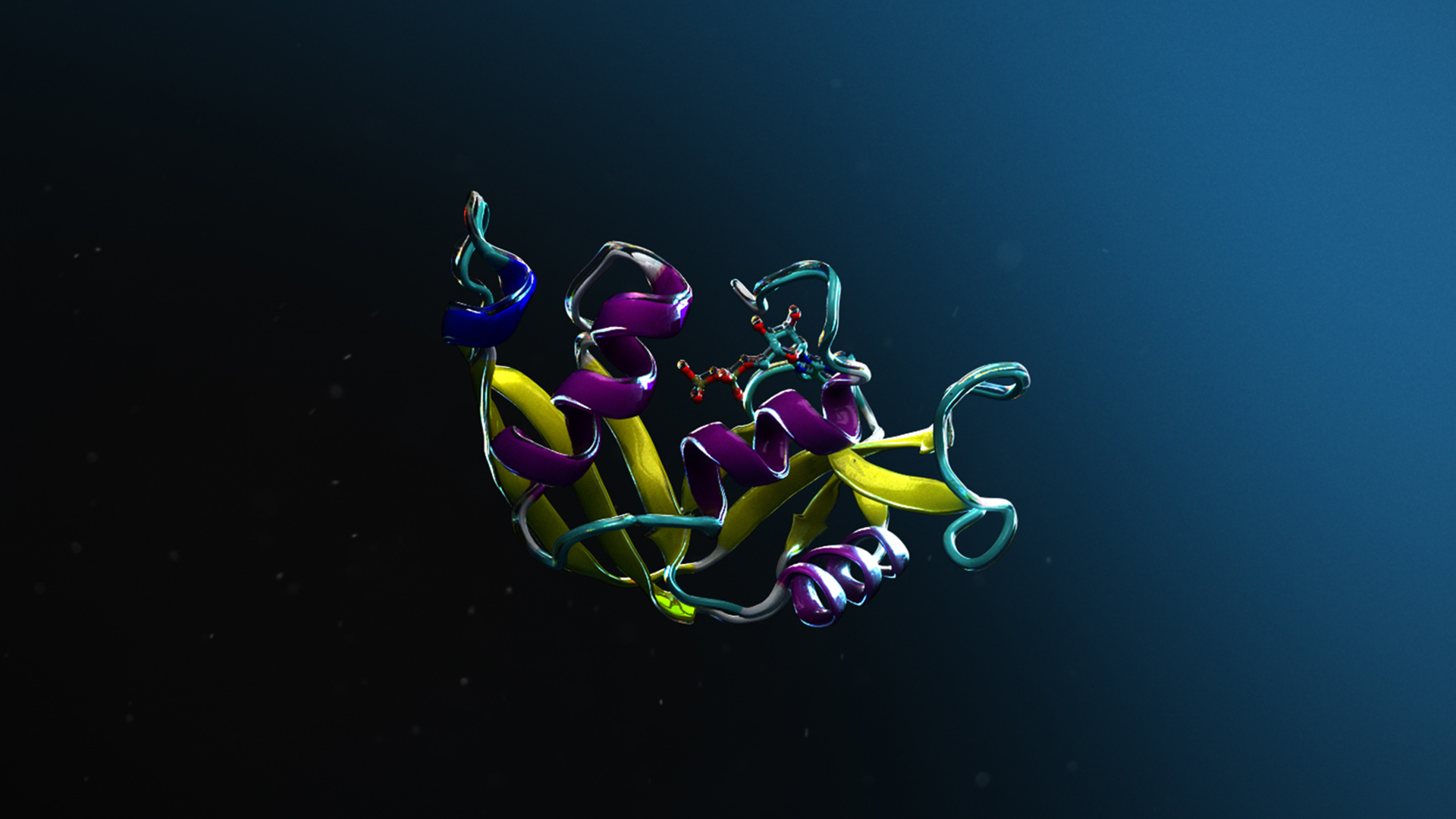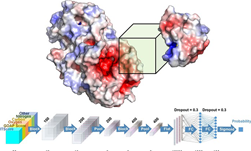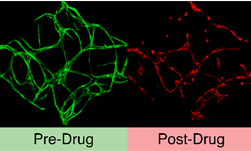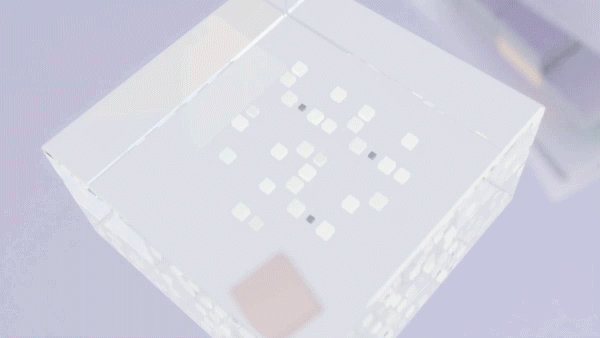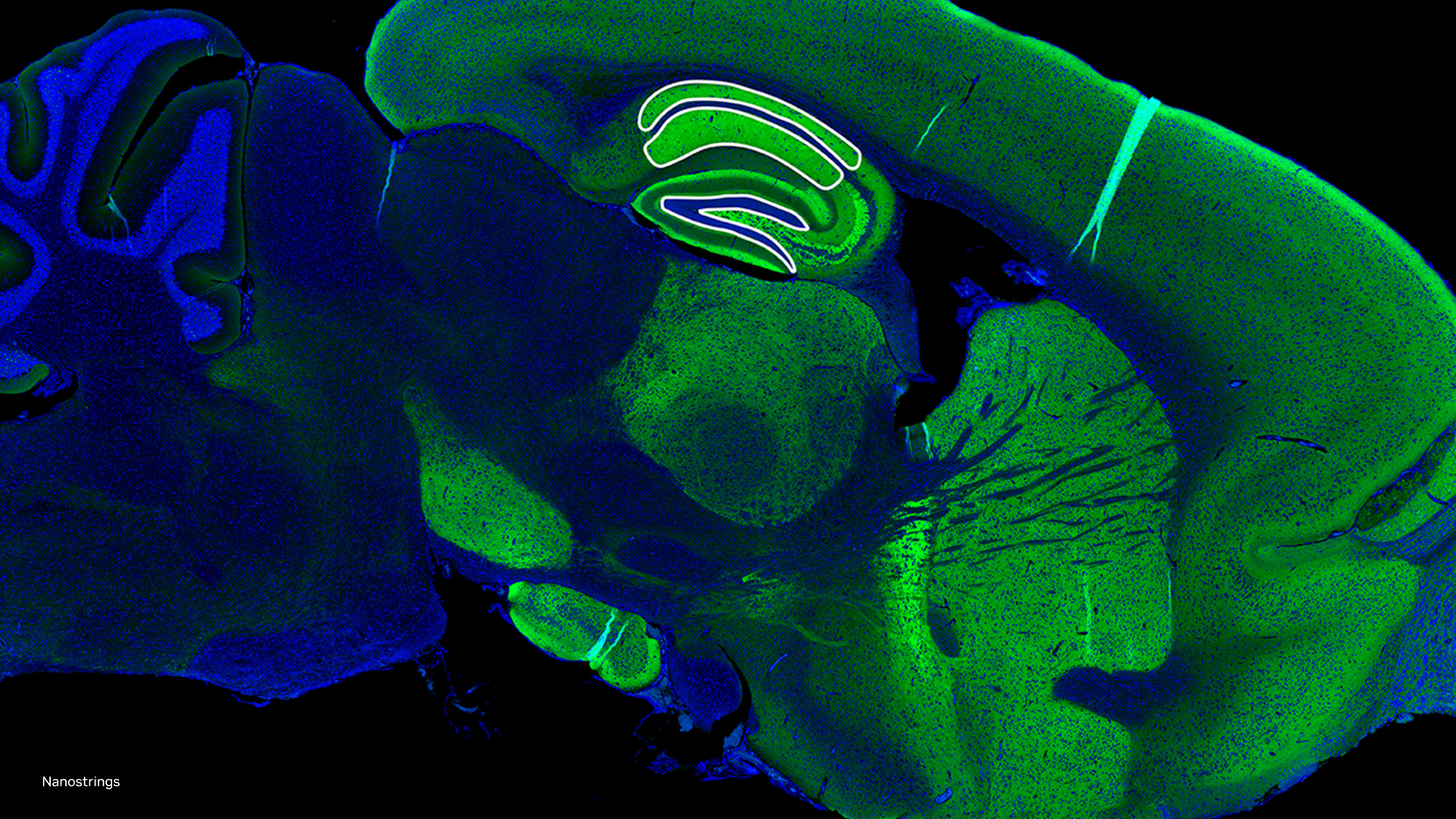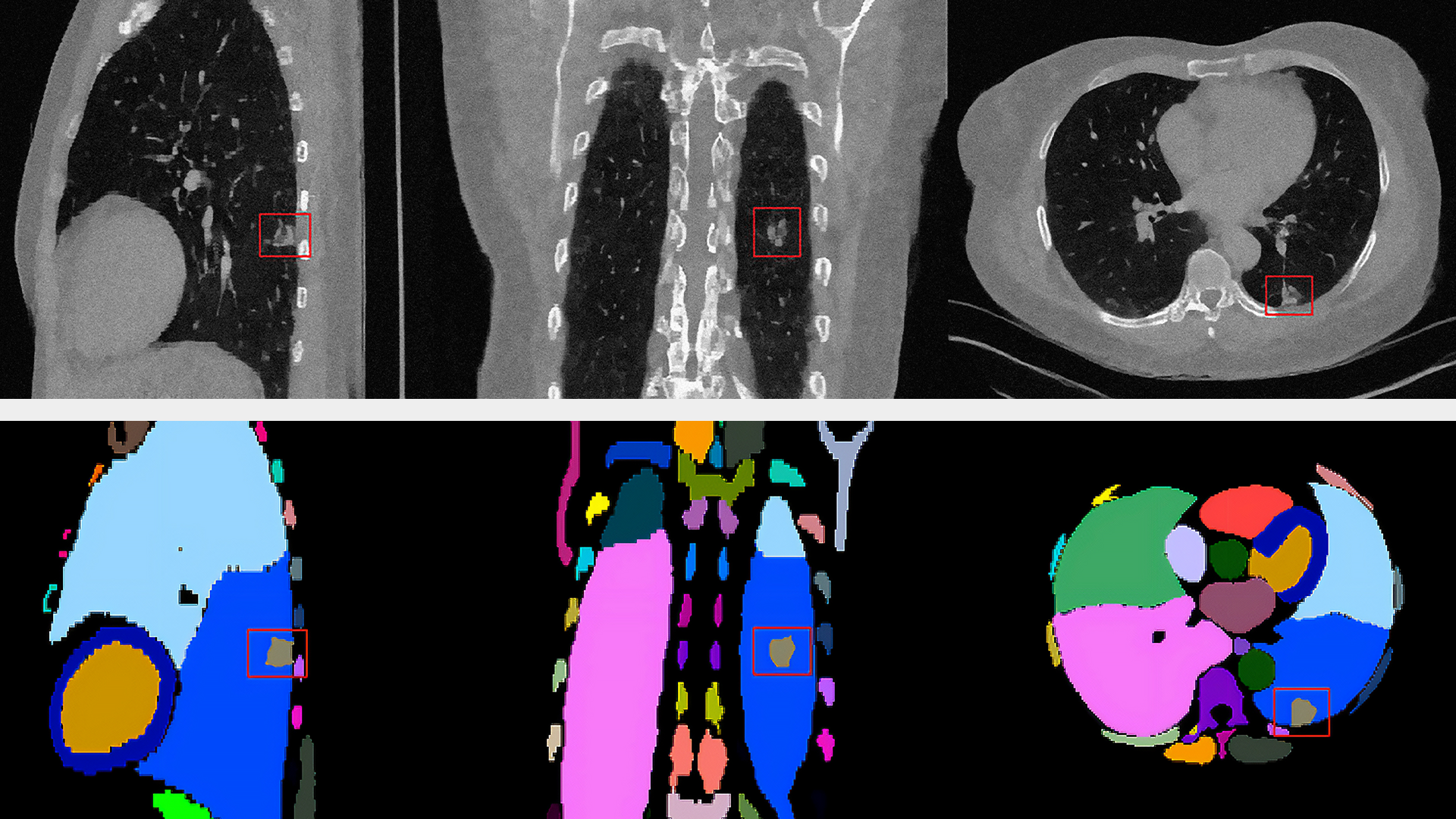Researchers from the Korea Advanced Institute of Science and Technology (KAIST), a public research university in Daejeon, South Korea, developed a deep learning-based solution that accurately predicts drug interactions with 92% accuracy.
The method has the potential to help patients avoid the unexpected effects of mixing drugs with other drugs or food.
“Drug interactions, including drug-drug interactions and drug-food constituent interactions, can trigger unexpected pharmacological effects, including adverse drug events, with causal mechanisms often unknown,” the researchers wrote in their research paper. “However, current prediction methods do not provide sufficient details beyond the chance of drug-drug occurrence, or require detailed drug information, which is often unavailable, to predict drug interactions.”
Using NVIDIA GeForce GTX 1080 GPUs with the cuDNN-accelerated TensorFlow deep learning framework, the team used over 60,000 known drug pairs to train their neural networks.
Their system, named DeepDDI, accurately predicts drug-drug interactions for given drug pairs and drug-food constituent pairs simply by using names and chemical structures as inputs, the researchers said.

The findings were recently published in the Proceedings of the National Academy of Sciences.
“The accuracy of the predictions will be further increased,” the researchers mentioned.
The method has the potential to be implemented in pharmacies or via a smartphone app, allowing patients to learn of any potential interactions before it becomes a problem.
“We have developed a platform technology DeepDDI that will allow precision medicine in the era of Fourth Industrial Revolution,” said Professor Sang Yup Lee, one of the paper’s authors. “DeepDDI can serve to provide important information on drug prescription and dietary suggestions while taking certain drugs to maximize health benefits and ultimately help maintain a healthy life in this aging society.”
Predicting Drug Interactions With the Help of AI
May 04, 2018
Discuss (0)

Related resources
- GTC session: AI-Driven Drug Discovery: Unravelling Biological Complexities
- GTC session: Combining Quantum-Based Models With Machine Learning Accelerates Drug Discovery
- GTC session: How AI Will Decode Biology to Radically Improve Lives
- Webinar: Transforming Molecular Design
- Webinar: The Impact of Large Language Models (LLMs) on Life Sciences
- Webinar: Bringing Drugs to Clinics Faster with NVIDIA Computing
